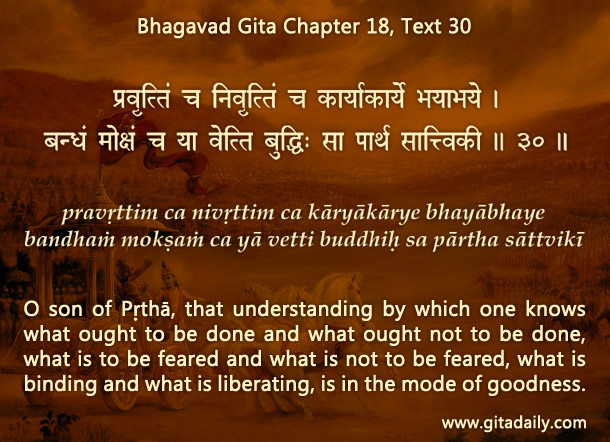A major challenge in relationships is dealing with differences of opinion: “When do we stick to our stand? When do we listen to others?” To learn how to navigate this challenge, consider the Krishna-Arjuna relationship.
When Arjuna’s son, Abhimanyu, was killed, primarily because of Jayadratha, Arjuna took a vow, “I will kill Jayadratha before sunset tomorrow, or I will end my own life.” Krishna gently chided Arjuna, “You have rashly taken an extremely difficult vow.” Arjuna politely but firmly differed, “You know my power and I know yours. Together, we can do it.” Seeing Arjuna’s resolve, Krishna deferred to him.
Though Arjuna fought fiercely on the fourteenth day, the sun set before he could reach Jayadratha. Disappointed, Arjuna was about to lower his bow. But Krishna told him, “Shoot Jayadratha, now.” Though Arjuna could have differed from Krishna, “Your instruction goes against the war codes,” he didn’t. Knowing that astute Krishna must have some plan, Arjuna deferred to him and shot. Just as Arjuna’s arrow raced toward Jayadratha’s head, Krishna withdrew his divine disc with which he had temporarily covered the setting sun. And Arjuna’s vow was fulfilled.
What can we learn from these incidents? When something is important for others or when they are expert in that field, we need to defer to them. Conversely, when we are invested in something or if we know what we are doing, even if others oppose us, we need to stand by our decision. Pertinently, the Bhagavad-gita states that good intelligence discerns the right course of action (18.30).
By learning from scripture and analyzing our situations, we too can deal with differences of opinion judiciously so as to strengthen our relationships.
One-sentence summary:
To improve our relationships, analyze when to defer and when to differ.
Think it over:
- When may we need to defer to the other person?
- When may we need to differ from the other person?
- How can you apply these principles in your relationships?
***
18.30: O son of Prutha, that understanding by which one knows what ought to be done and what ought not to be done, what is to be feared and what is not to be feared, what is binding and what is liberating, is in the mode of goodness.
To know more about this verse, please click on the image
Explanation of article:

Podcast:


Nice and sweet way of representaion ❤️
Thanks, happy to be of service.
JAPA guides the relationship